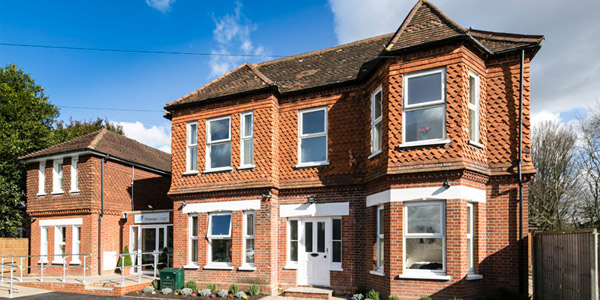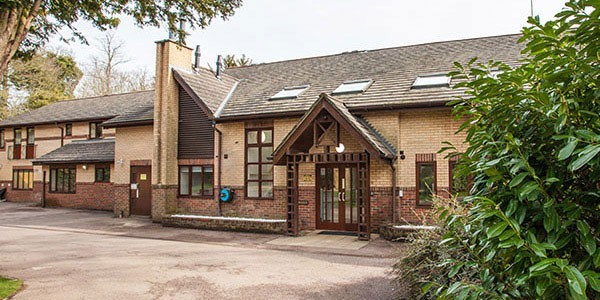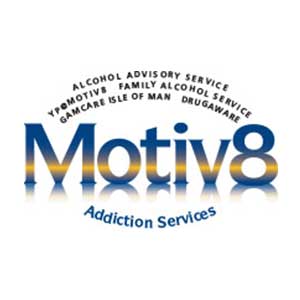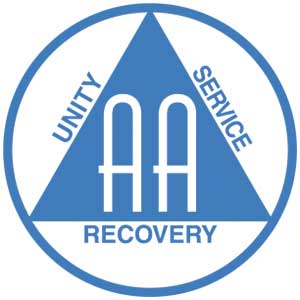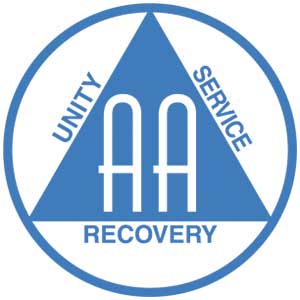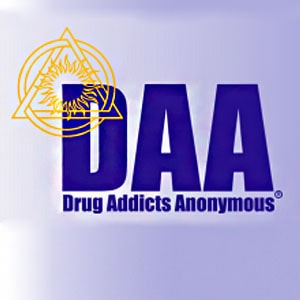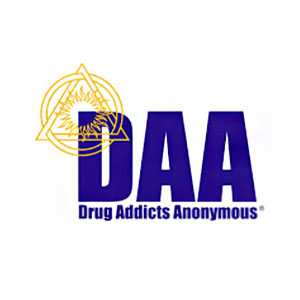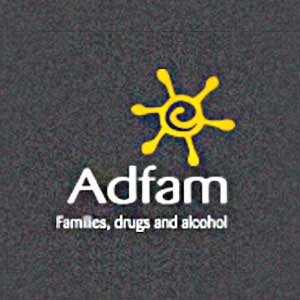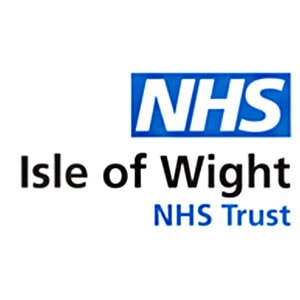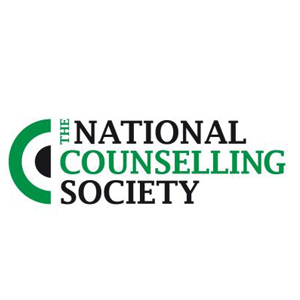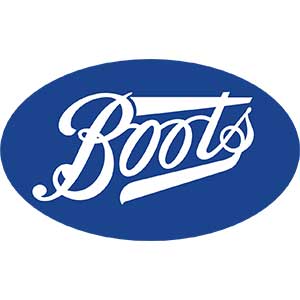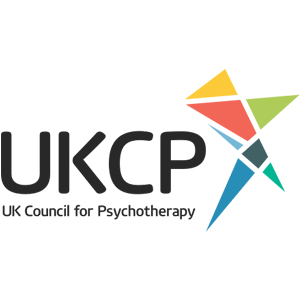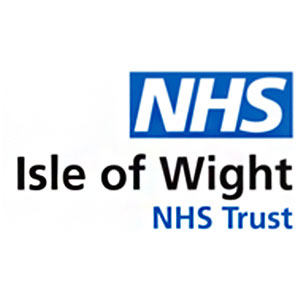Getting help for Addiction & Substance Abuse in Isle-Of-Wight
Recovery from drug or alcohol addiction involves curbing physical and psychological dependence while resolving addictive behavioural issues. Trying to stop using drugs without professional help can be challenging, and at times dangerous, where physical dependence needs to be overcome. Alcoholism and addiction to other drugs are detrimental to both physical and mental health. Usually the friends and family of addicts find the behavioural aspects of addiction the most apparent and troubling.
To ensure rehab is a success, the individual needs to make life altering, behavioural changes whilst in treatment. The recovery success rates depend entirely on the individual’s commitment to those changes. A good rehab facility in Isle-Of-Wight should offer treatment which includes a comprehensive screening process and bespoke programme to address the needs of the individual. The treatment plan should be person-centred and their progress regularly monitored throughout the programme.
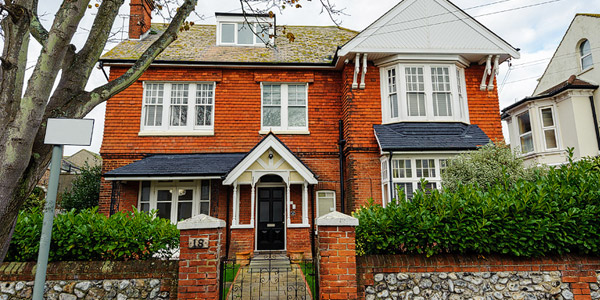
The Recovery lighthouse is an inpatient detoxification and rehab facility w…
- Private
- Holistic Treatment
- 24/7 nursing
- Residential
Featured Rehabs
Primrose Lodge is a comfortable, fully equipped detox and rehab facility. C…
Banbury Lodge is a leading CQC approved detox, rehab and therapy clinic for…
Liberty House Clinic is a fully furbished detox and rehabilitation facility…
Finding Treatment near Isle Of Wight
-
St Michael & All Angels Church, St Michael’s Ave/Wray Street, PO33 3EH0 review
- 12 Step
- Group Setting
- Free
- Outpatient
-
- 12 Step
- Group Setting
- Free
- Outpatient
-
- Free
- Group Setting
- 12 Step
- Outpatient
-
- 12 Step
- Group Setting
- Free
- Outpatient
-
Child and Adolescent Mental Health Service
Nobles HospitalBraddan
Isle of Man
0 review- 12 Step
- Group Setting
- Free
- Outpatient
-
Community Mental Health Service for Adults
Community Health CentreWestmoreland Road
Douglas
IM1 4QA
0 review- Free
- Counselling
- Outpatient
- Outpatient
-
0 review
- Outpatient Option
- Private
- One to One
- Outpatient
-
Crisis Response and Home Treatment Team (CRHTT)
Manannan CourtNobles Hospital
Douglas
0 review- Mental Health
- Private
- One to One
- Outpatient
-
Castlehold Baptist Church, 81 High Street, Newport, Isle of Wight,PO30 1NT0 review
- 12 Step
- Group Setting
- Free
- Outpatient
-
- 12 Step
- Group Setting
- Free
- Outpatient
-
- 12 Step
- Group Setting
- Free
- Outpatient
-
- 12 Step
- Group Setting
- Free
- Outpatient
-
- 12 Step
- Group Setting
- Free
- Outpatient
-
102 Carisbrooke Road, Buccleuch House, Isle of Wight, Newport, PO30 1DB0 review
- 12 Step
- Group Setting
- Free
- Outpatient
-
0 review
- Outpatient Option
- Private
- One to One
- Outpatient
-
- Free
- Private
- One to One
- Outpatient
-
- Free
- Private
- One to One
- Outpatient
-
0 review
- Outpatient Option
- Private
- One to One
- Outpatient
-
- Outpatient Option
- Private
- One to One
- Outpatient
- Load More
Drug & Alcohol Rehab Services in Other Towns/Cities
- A
- B
- C
- D
- E
- F
- G
- H
- I
- J
- K
- L
- M
- N
- O
- P
- Q
- R
- S
- T
- U
- V
- W
- X
- Y
- Z

How Does Rehab Work
Treatment is provided on a one-to-one and group basis. Individuals should all receive a treatment and recovery programme customised to fully address their specific needs. Also, individuals should have a psychiatric evaluation carried out by certified psychiatrists. A rehab programme should involve a team of addiction and mental health specialists, and medical staff, as well as spiritual counsellors, and wellness specialists.
In the UK, inpatient residential rehab and outpatient programmes are the two distinct options for rehab. The NHS rarely provides funding for Inpatient residential rehab, but outpatient programmes are available across the whole of Isle-Of-Wight on a self-referral basis. Inpatient residential rehab has many significant benefits over outpatient programmes. Inpatient rehab enables the individual to detox from substances and alcohol in an enclosed, safe, environment, without giving in to any temptations.
What Happens During Alcohol and Drug Rehab in Isle-Of-Wight
Rehab provides individuals with the necessary tools to live meaningful lives without the need for substances including alcohol. Qualified professionals promote an environment that is supportive, caring and compassionate, so that individuals can begin the healing process and walk along the road to long-term recovery. However, not all residential programs are the same and a person struggling with drug or alcohol addiction may not know what the ideal residential treatment program looks like. It is imperative that prior to choosing a residential programme, you understand what is provided in terms of aftercare options and treatment. A good rehab programme should be made up of group therapy, individual therapy, and family therapy. Medical staff should be available any time of day or night to help individuals through the detox phase, and address any concerns they may have regarding psychotherapy and detox medication.
Good residential programmes should have free aftercare as part of their programmes, and allow for regular sessions to strengthen long-term recovery. It is a requirement for all rehab facilities in the UK to register with the Care Quality Commission (CQC). The CQC provide a rating of each individual rehab ranging from “Inadequate” to “Outstanding”. To investigate how a rehab is performing, a great starting point is the CQC website, as they provide copies of inspection reports highlighting issues and areas of excellence.
Addiction Therapy & Treatment Options in Isle-Of-Wight
When making enquiries at treatment centres, ask about the different therapy programmes they provide. A respectable rehab should have a variety of therapeutic models to help treat psychological issues associated with addiction. If existing mental health conditions are present, it would be worth asking the centre if they specialise in treating patients with dual-diagnosis. Dual-diagnosis is where the patient has both mental health conditions and addictions, which often require a specialised treatment plan.
Therefore, good rehab centres should ideally be licensed to treat mental health disorders as well as addiction – with the expertise to provide treatment for substance dependency without negatively impacting any existing mental health issues (such as depression or bipolar). Several considerations should be made for the individuals well-being where dual diagnosis is involved – such as any therapy undergone prior to rehabilitation and the use of currently prescribed psychiatric medication. The first part of rehab is detox. Detox works to eliminate any mind-altering substances left in the body before the individual can start psychological treatment.
Medical Alcohol and Drug Detox
Detox is a treatment used to stop the psychological and physical addiction resulting from drug and alcohol misuse. A medical detox helps to guide individuals through the worst of withdrawal safely, by using detox medication, you can reduce cravings and eliminate any dangerous symptoms that often result from sudden withdrawal. Detox medication is not always necessary, and is usually confined to those who are dependent on alcohol, opiates, benzodiazepines, and barbiturates.
Medical professionals will assess whether the individual requires a medically-assisted detox, with additional considerations involving the individuals needs and any existing mental health conditions. It is recommended that the detox phase is pursued within a residential setting, so that medical professionals can monitor withdrawal symptoms and any health complications.

Therapy for Alcohol and Drug Addiction
After completing detox the individual will begin the rehabilitation phase. Clinicians should utilise a large array of therapeutic models to create a personalised treatment plan. One-to-one sessions should utilise psychotherapy in the form of Cognitive Behavioural Therapy (CBT) and Dialectical Behavioural Therapy (DBT), amongst others. Group sessions should also take the form of talking therapies, but may include different forms of psychotherapy such as Drama Therapy, Art Therapy, and Meditation. The aim is to help individuals find an optimal environment to gain new ways of thinking, bond with others and seek healthy, rewarding stimuli without the need for drugs or alcohol.
Cost of Alcohol and Drug Rehab
Detox makes up a sizable portion of the overall cost of rehab, as well as the length of stay and services provided. Other considerations include location and amenities. Typically, an inpatient rehab centre charges £5000 – £10000 for a 30-day treatment. Cost should not be a barrier to seeking addiction treatment, as often the longer-term cost of maintaining an addiction is far greater.
Consider the amount of money you spend to maintain your drug habit and the health ramifications caused by substance abuse. Private insurance can sometimes be accepted by rehabs, but you must make sure your insurance provider covers addiction treatment.
How Long is Rehab?
The length of stay can change depending on the circumstances of the individual, although inpatient programmes typically range from 14 days up to 90 days. Rehab programmes have been linked to , so it may be prudent to choose extended rehab programmes.
Inpatient rehabs sometimes offer “detox only” options – but this is not endorsed by uk-rehab – as a standalone option, detox rarely treats the underlying causes of addictions. Consider a 60-90 day programme for increased recovery. This will allow more time to adjust to a substance free life, and for the therapy to have a long-lasting impact on emotional and spiritual well-being.
Nearest CQC Registered Rehab to Isle-Of-Wight
For rehab near Isle-Of-Wight we recommend the CQC-registered rehab clinic RecoveryLighthouse. This Rehab offers a complete and comprehensive addiction treatment programme for alcohol and drug addictions and has a good/outstanding CQC rating, in addition treatment plans for existing mental health conditions are also included and 1-year free aftercare for both the individual and their families are provided.
UK-Rehab provide numerous rehab facilities throughout the UK, all of which provide the same high standard of service and expertise. If you’re seeking addiction treatment in another location, UK-Rehab have a facility near you.
For additional information on UK-Rehab, speak to their addiction specialists on 02038 115 619.

